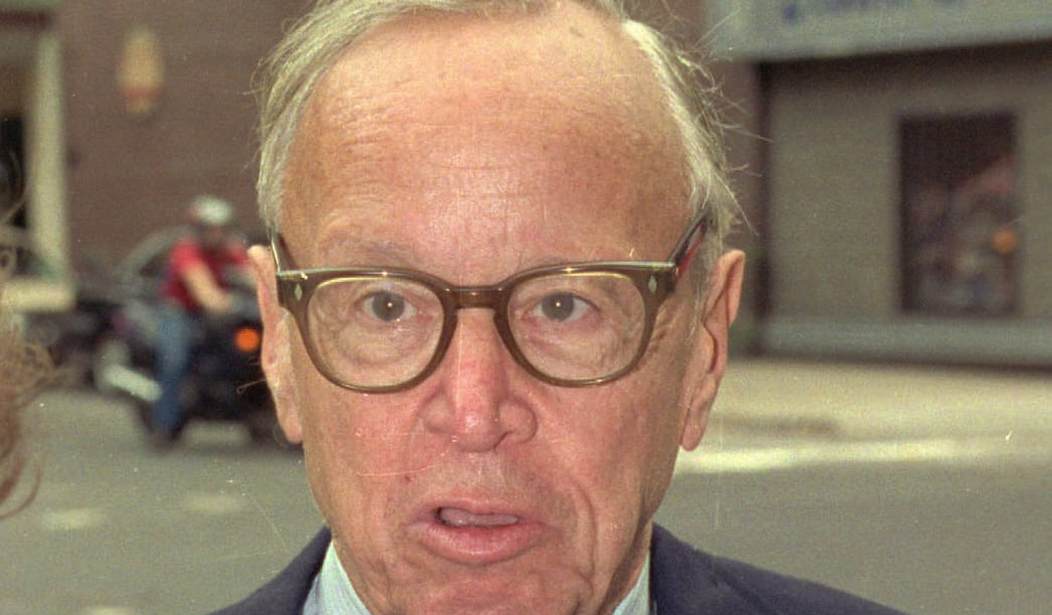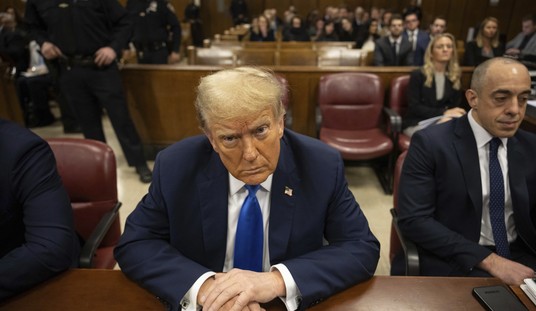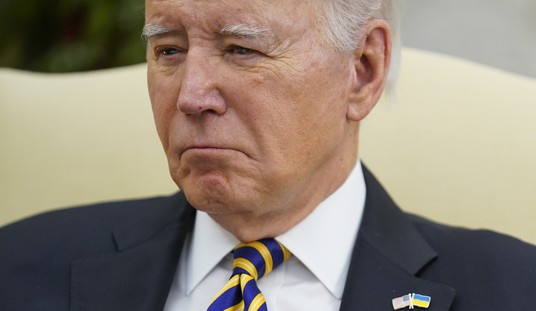Over at Powerline, my friend Steve Hayward has an interesting piece about Fred Siegel’s 25th-anniversary retrospective on Arthur Schlesinger Jr.’s classic attack on multiculturalism, The Disuniting of America in City Journal. As it happens, I reviewed the book for the Wall Street Journal when it first appeared. That was before the internet had really taken hold — I wrote the review with a quill pen, as I recall — but a friendly amanuensis has dug up the text, which I offer as a blast from the past:
LEISURE & ARTS
Bookshelf: A Multicultural Morass
By Roger Kimball
20 February 1992
The Wall Street JournalPAGE A11
Until recently, attacks on academic multiculturalism and its chief enforcement agency, a.k.a. political correctness, have come mostly from people identified as conservatives. Never mind that what these critics championed were such old-fashioned liberal ideals as disinterested scholarship, freedom of expression, individual rights and color-blind justice. The multiculturalists and PC police vigorously condemned all criticisms of their efforts to politicize education, branding them as products of “right-wing misinformation.”
It is instructive, therefore, to follow the argument of Arthur M. Schlesinger Jr.’s trenchant meditation on the intellectual and social liabilities of multiculturalism. It is hardly possible to impugn Mr. Schlesinger’s liberal credentials. The former special adviser to President Kennedy has long been a prominent liberal spokesman.
Yet “The Disuniting of America: Reflections on a Multicultural Society” (Norton, 160 pages, $14.95), which began life last year as a monograph published by Whittle Communications, mounts one of the most devastating and articulate attacks on multiculturalism yet to appear. Mr. Schlesinger begins by noting the obvious: that America, a country of immigrants, has always been a multicultural and multiethnic society. Indeed, America’s singular achievement has been to forge a society in which vast religious, ethnic and racial differences are subordinated to the higher unity of national identity.
The problem comes when this conciliatory vision of a multicultural society gives way to the ideology of multiculturalism with its politics of ethnic and racial redress. It happened in the 1910s, when a wave of ethnic militancy swept the country. Theodore Roosevelt was right to warn that “The one absolutely certain way of bringing this nation to ruin . . . would be to permit it to become a tangle of squabbling nationalities.”
The same danger threatens us again now as multiculturalism sweeps our schools and universities. Mr. Schlesinger warns that “A cult of ethnicity has arisen both among non-Anglo whites and among nonwhite minorities to denounce the idea of a melting pot, to challenge the concept of `one people,’ and to protect, promote, and perpetuate separate ethnic and racial communities.”
We have all become familiar with the kinds of foolishness that the demand for multiculturalism and political correctness has brought to our schools and college campuses. The denunciation of Western civilization as racist, sexist, elitist and patriarchal; the efforts by college administrations to enforce speech codes on college campuses; the blatant rewriting of history texts to soothe wounded ethnic feelings: All threaten to undermine the traditional ideals upon which American democracy rests. It is for this reason, as Mr. Schlesinger points out, that “The debate about the curriculum is a debate about what it means to be an American.”
Consider the phenomenon of Afrocentricism, which holds that Africa is the “mother” of Western civilization, that all intellectual developments from Greek philosophy to medicine and technology had their origin in Africa, that the canons of Western rationality are foreign (and inferior) to the more spontaneous forms of “African knowledge.” According to one spokesman for this new species of racist claptrap, “Black superiority in the areas of mental development” is “related to the possession of a high level of melanin.”
Lest one think that such musings are confined to a lunatic fringe, it is important to note that an Afrocentric curriculum has been adopted by schools in Milwaukee, Indianapolis, Washington, D.C., Atlanta, Detroit and many other cities. Proponents say that Afrocentricism gives black students a sense of their roots and enhances their self-esteem. But as Frederick Douglass observed long ago, “No one idea has given rise to more oppression and persecution toward colored people of this country than that which makes Africa, not America, their home.”
Mr. Schlesinger’s criticism of Afrocentricism and other manifestations of radical multiculturalism is sober, relentless and utterly convincing. But he is equally relentless about the failings of our society, frequently reminding readers that the U.S. has suffered grievously from the “curse of racism” and other social pathologies.
But unlike multiculturalists, Mr. Schlesinger recognizes that Western culture has also been the cradle of political and social liberty, that it has provoked “great movements to end slavery, to raise the status of women, to abolish torture, to combat racism, to defend freedom of inquiry and expression, to advance personal liberty and human rights.” He rightly insists that such liberating ideals “are European ideas, not Asian, nor African, nor Middle Eastern ideas, except by adoption.”
As a historian, Mr. Schlesinger is particularly appalled by the attempt to use history as a tool of political indoctrination or therapy to bolster the self-esteem of selected victim groups. “The high purpose of history is not the presentation of self nor the vindication of identity but the recognition of complexity and the search for knowledge,” he writes.
At a moment when virulent nationalism and ethnic hatred have resurfaced around the world, it is well to reflect on the consequences of unchecked multiculturalism. Its partisans claim that it is the path to freedom and diversity. But as Mr. Schlesinger’s eloquent book shows, it is really the road to intellectual Yugoslavia.







Join the conversation as a VIP Member